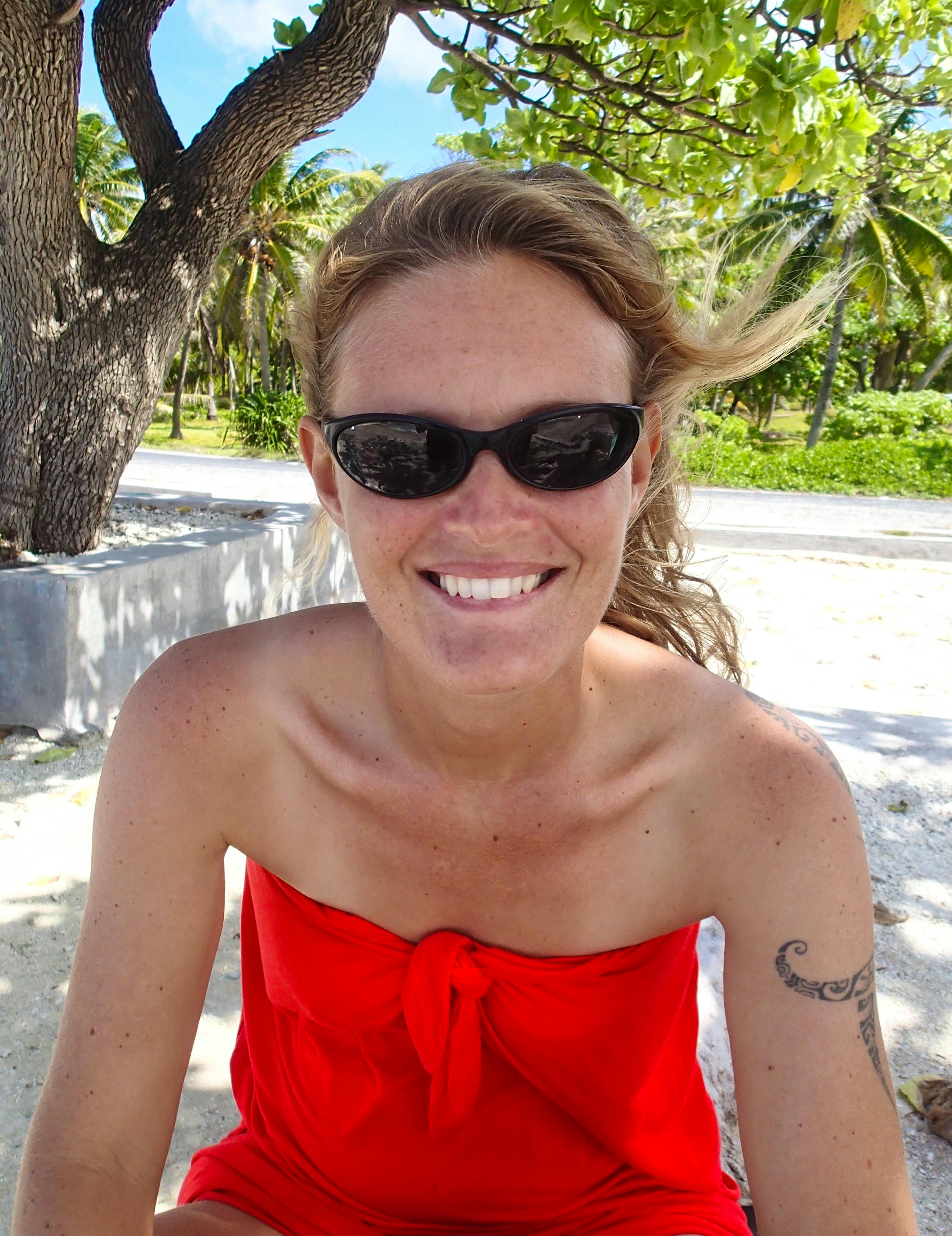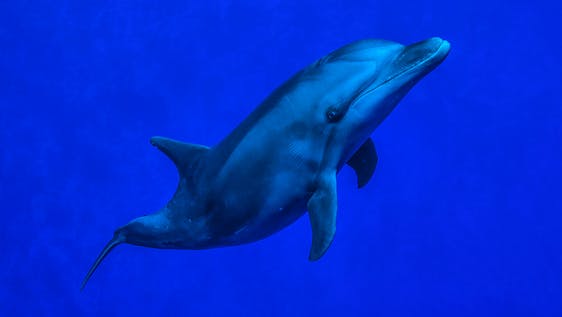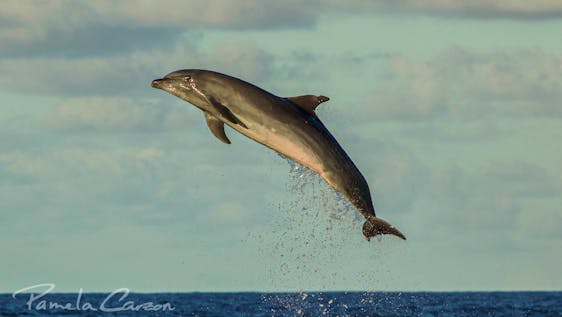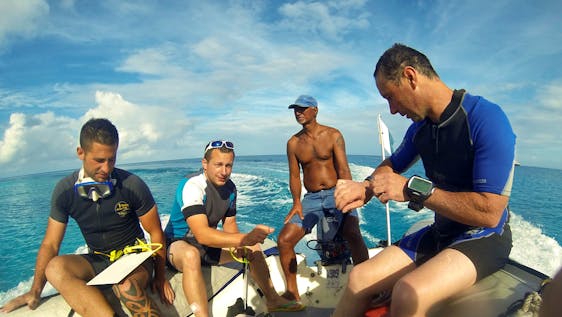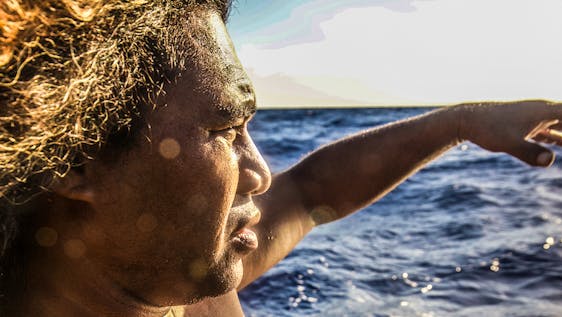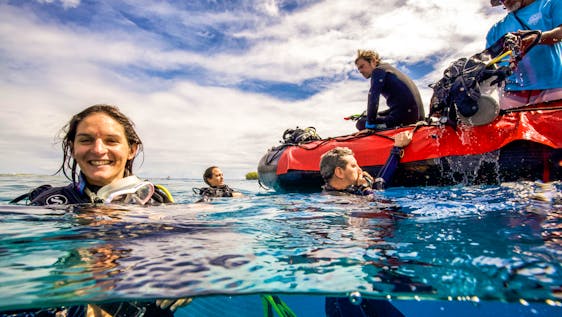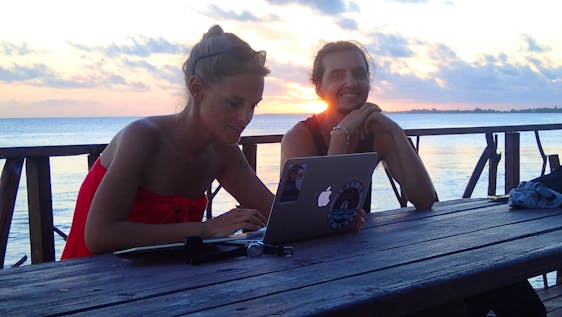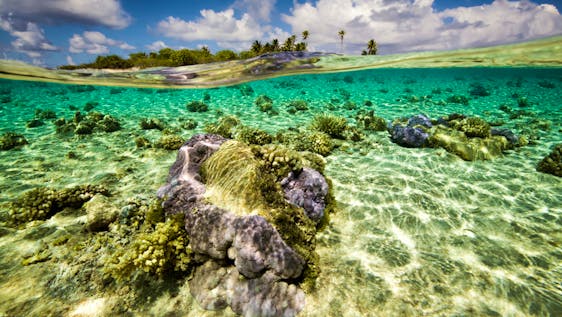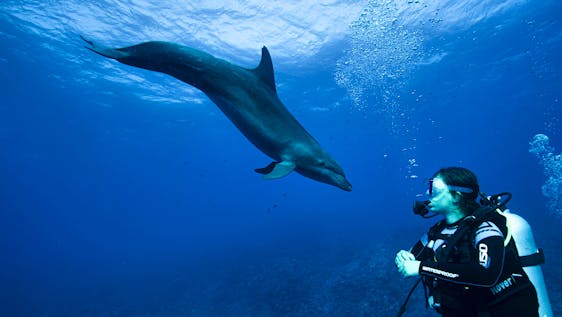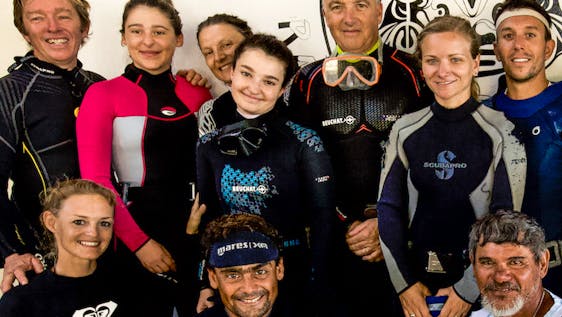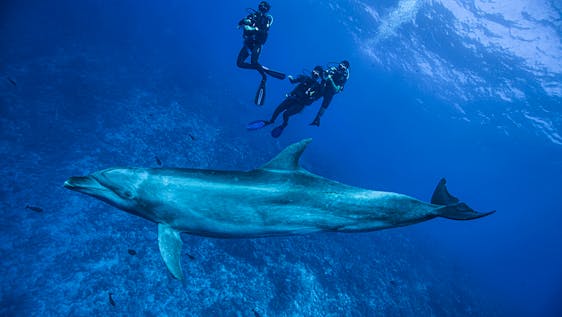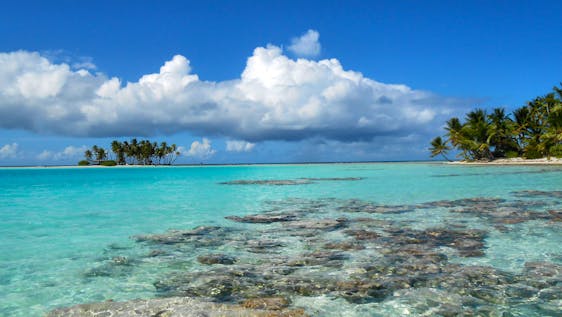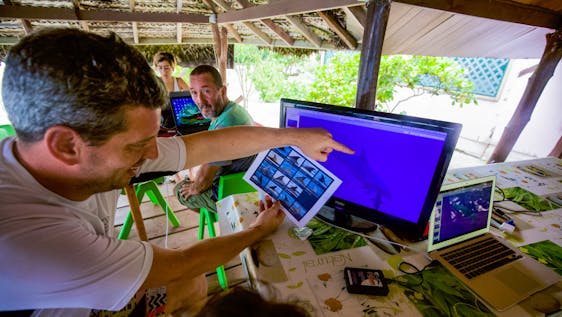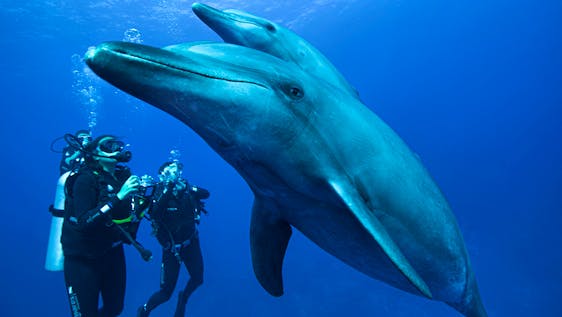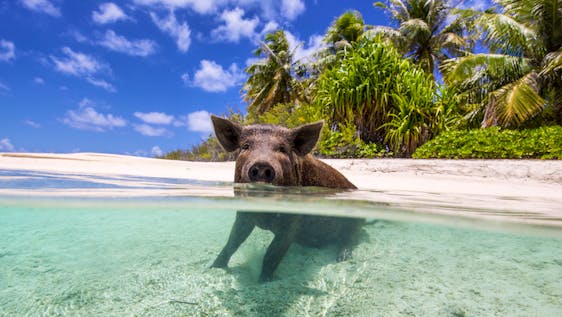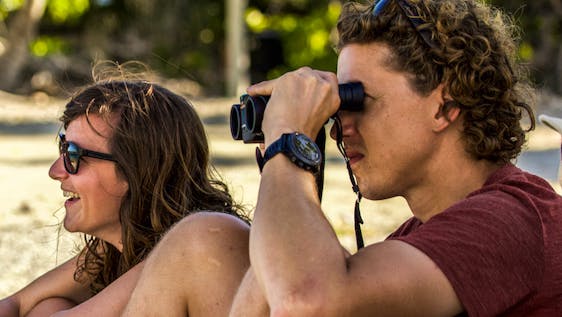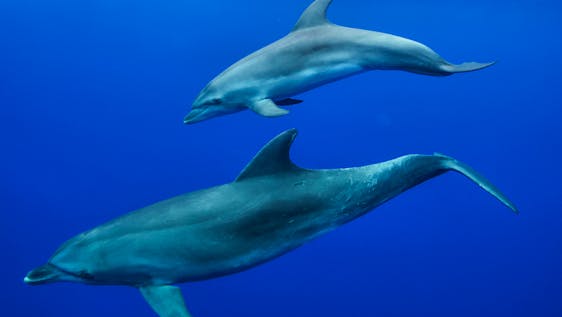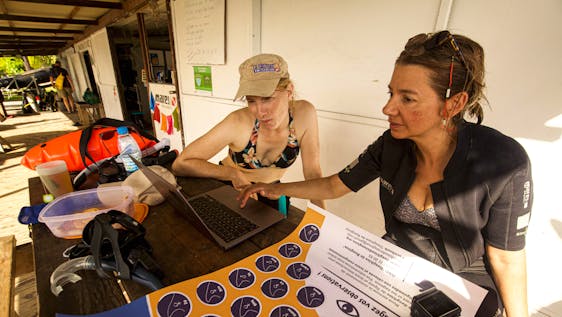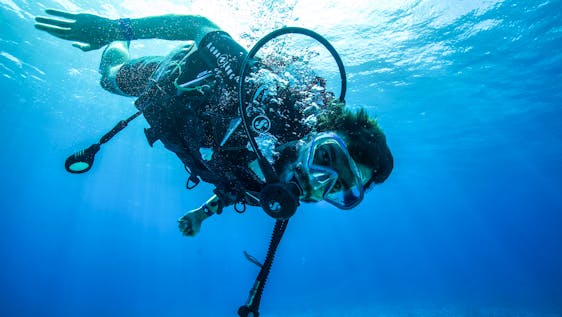WHO ARE WE?
Since 2009, the NGO Dauphins de Rangiroa - DDR carries out research, public outreach, and conservation programs on Rangiroa Atoll bottlenose dolphins (Tursiops truncatus) in the Tuamotu Islands, French Polynesia.
From 2012, ecovolunteers began to join us every year to help us complete our fieldwork.
WHAT DO WE DO?
DDR focuses on:
1. Demographic and social parameters of the small dolphin community inhabiting Tiputa waters, on Northern Rangiroa Atoll.
2. The dolphins' underwater behaviors in the context of their interactions with scuba diving tourism.
3. The implementation of ethical and sustainable dolphin watching tourism.
WHERE DO WE WORK?
French Polynesia is located at the center of the South Tropical Pacific Ocean, between 5° and 30°S, and 130° and 155°W. It is composed of five archipelagoes and 121 islands spread over a 5 million-square-kilometer area. The French Polynesian EEZ is one of the most remote worldwide and stands for almost 50% of the French EEZ. About 20 cetacean species may be observed in French Polynesia.
Yet 350 kilometers from Tahiti in the Northwestern Tuamotu Islands, the giant atoll of Rangiroa - "Great Sky" in Paumotu -, a true oasis of life in the heart of the tropical Pacific Ocean, stretches its 170 kilometers of coral reefs, sands, and coconut trees around a 1,600-square-kilometer area with waters so fish-laden that it has become one of the world's top scuba diving destinations. The atoll's impressive size - 80 kilometers long by 20 kilometers wide on average - and its two large channels, Avatoru and Tiputa passes, make it home to marine wildlife as exceptional as it is impressive.
French Polynesia enjoys a very mild tropical climate and is equipped with modern infrastructures.
No vaccinations are required to come and stay there.
OUR VISION
Since 2009, DDR's president has been studying the small bottlenose dolphin community inhabiting Northern Rangiroa Atoll. Her work mostly focuses on the impacts of tourist activities on the dolphins’ behaviors. She did her PhD in ethology / behavioral ecology on this topic.
Indeed, Rangiroa dolphins are targeted daily by commercial dolphin watching tours as literature, the media, and theme parks have endowed dolphins with a reputation that predisposes people to expect friendly interactions with them.
Truly, the popularity of marine mammal viewing activities may have conservation and socioeconomic benefits for the dolphins and local communities alike if they are conducted responsibly and with care, in accordance with existing regulations that protect these iconic animals. However, if they are not conducted appropriately, they can place dolphins at significant risk of harassment, injury or death.
In Rangiroa, some bottlenose dolphins are conditioned to tolerate or seek out physical interactions with scuba divers which raises concerns as there are risks associated with close dolphin / human encounters, e.g.:
1. An increasing number of accidents involving dolphins and scuba divers ("pushy" dolphin behavior toward divers, scuba divers who forget basic safety rules, etc.).
2. Pathogen transmission (zoonoses, etc.).
3. Increased dolphin vulnerability to human activities (boat collisions, propeller injuries, fishing gear entanglement, etc.).
4. Changes in the dolphins' ranging and social patterns.
OUR GOALS
1. Through our long-term demographic and social monitoring of Tiputa dolphins, we aim at spotting any deleterious impact of human activities on this dolphin community.
2. Through our long-term underwater monitoring of the dolphins' behaviors, we aim at better understanding and prevent the risks associated with close dolphin / diver interactions.
3. Through our education program, we aim at sharing results and recommendations to help developing ethical and sustainable dolphin watching activities.
WHO ARE WE LOOKING FOR?
We look for committed scuba divers who are conscious that we must respect rules when interacting with wildlife in order to preserve the animals' welfare and observers' safety. Understand more to care more is an essential axis of our work. No touching, no feeding, no teasing: Respect them, respect us!
WHY CHOOSE US?
Our mission allows you to better understand the dolphins' routine, the issues related to their conservation, and to learn more about human / wildlife paradoxical relationships. Also, you will help DDR sustain its long-term dolphin monitoring program.


